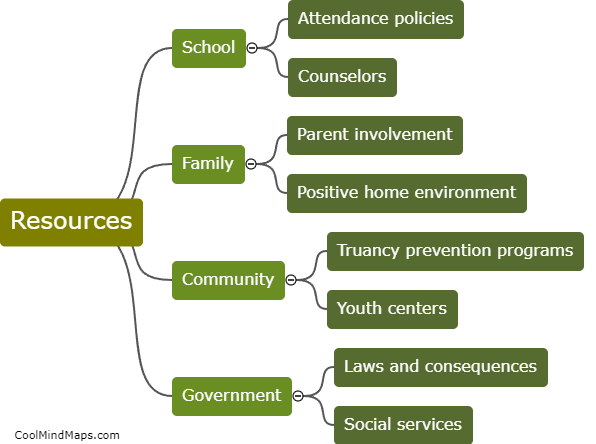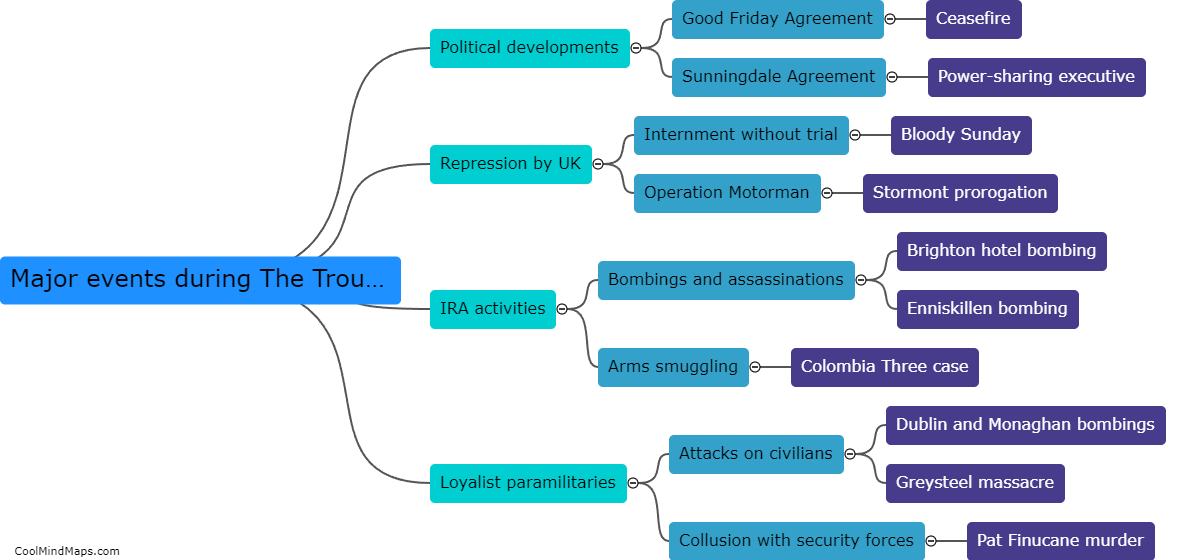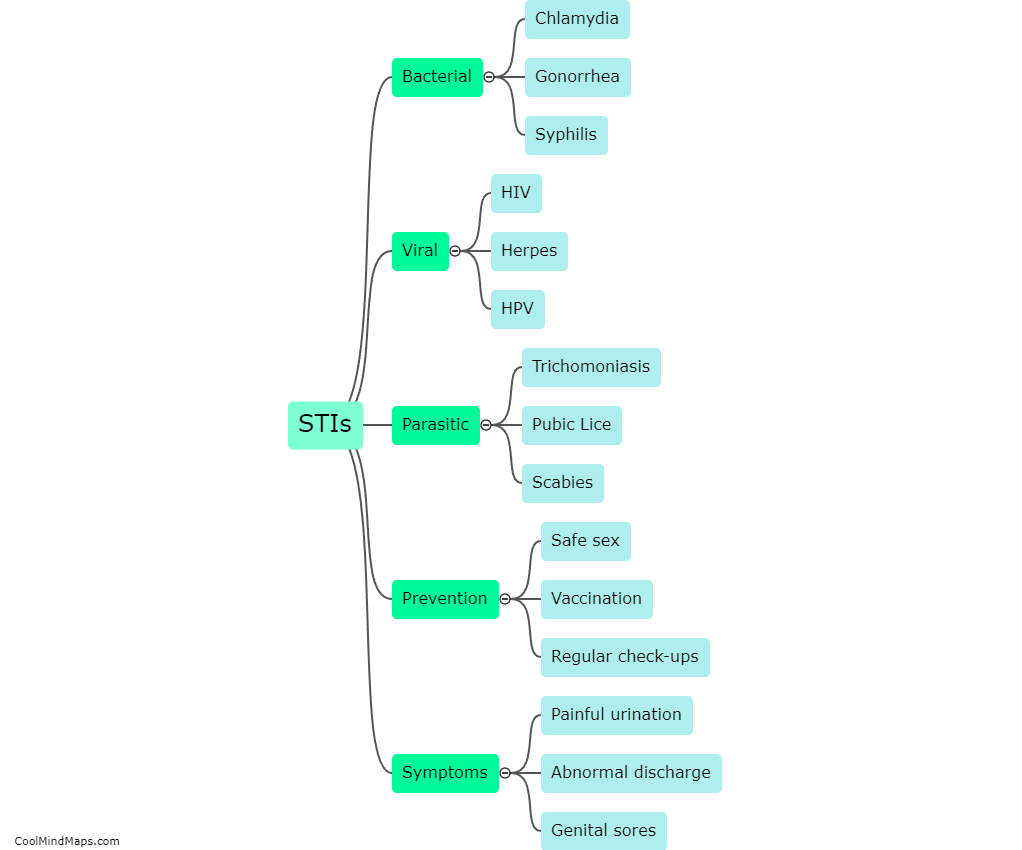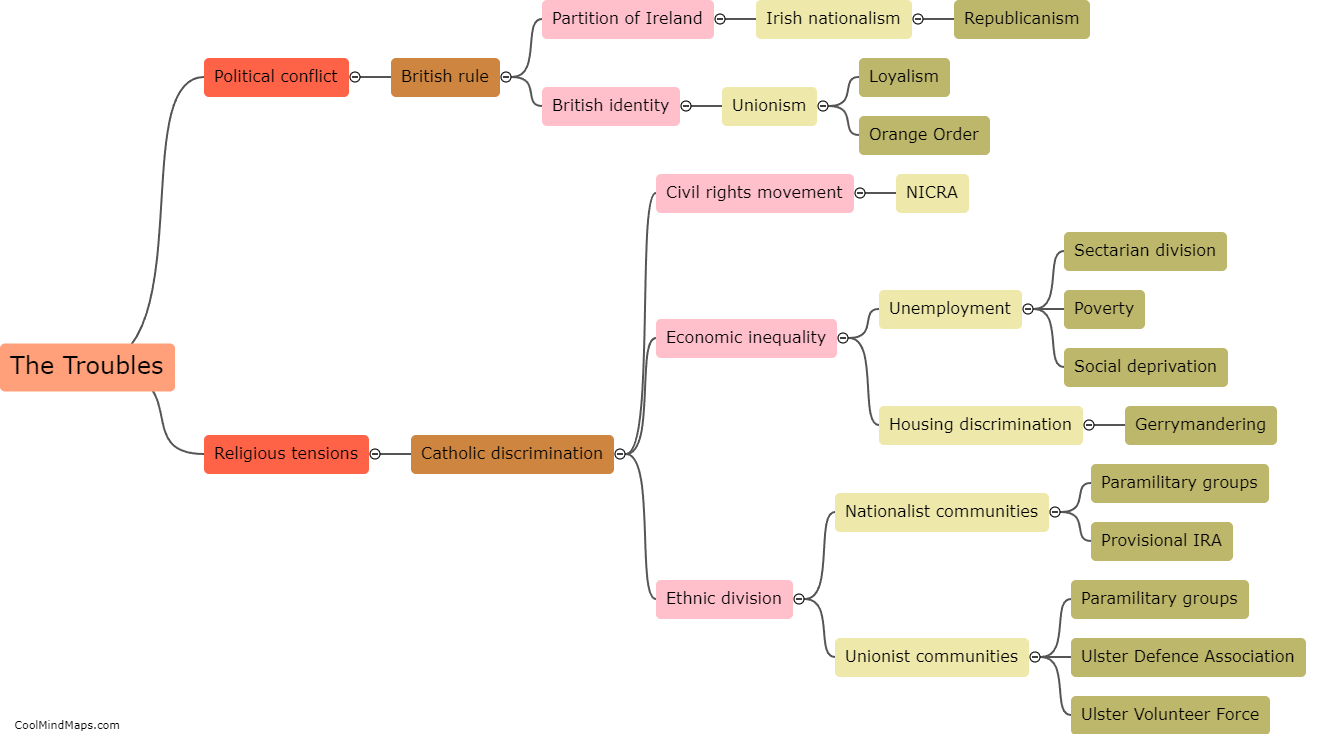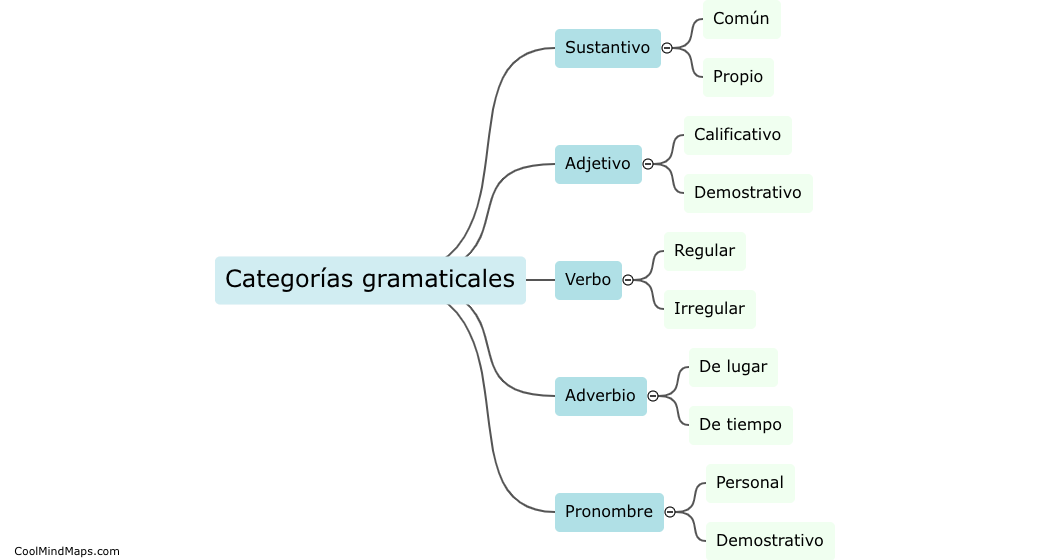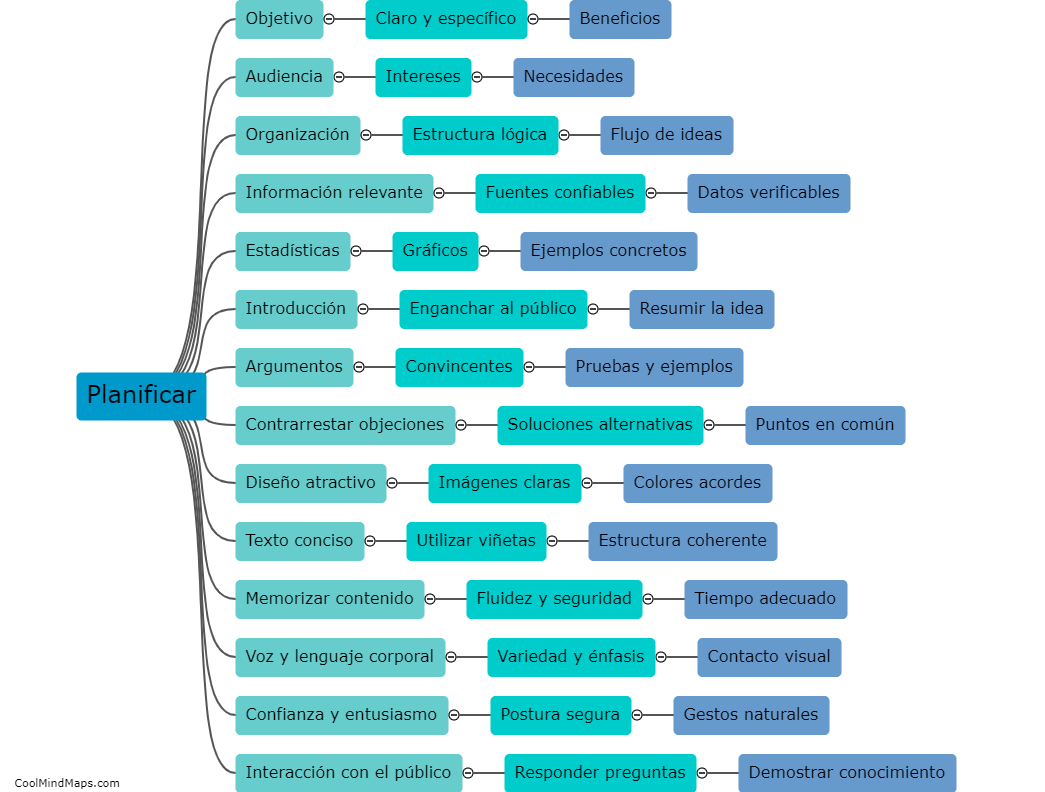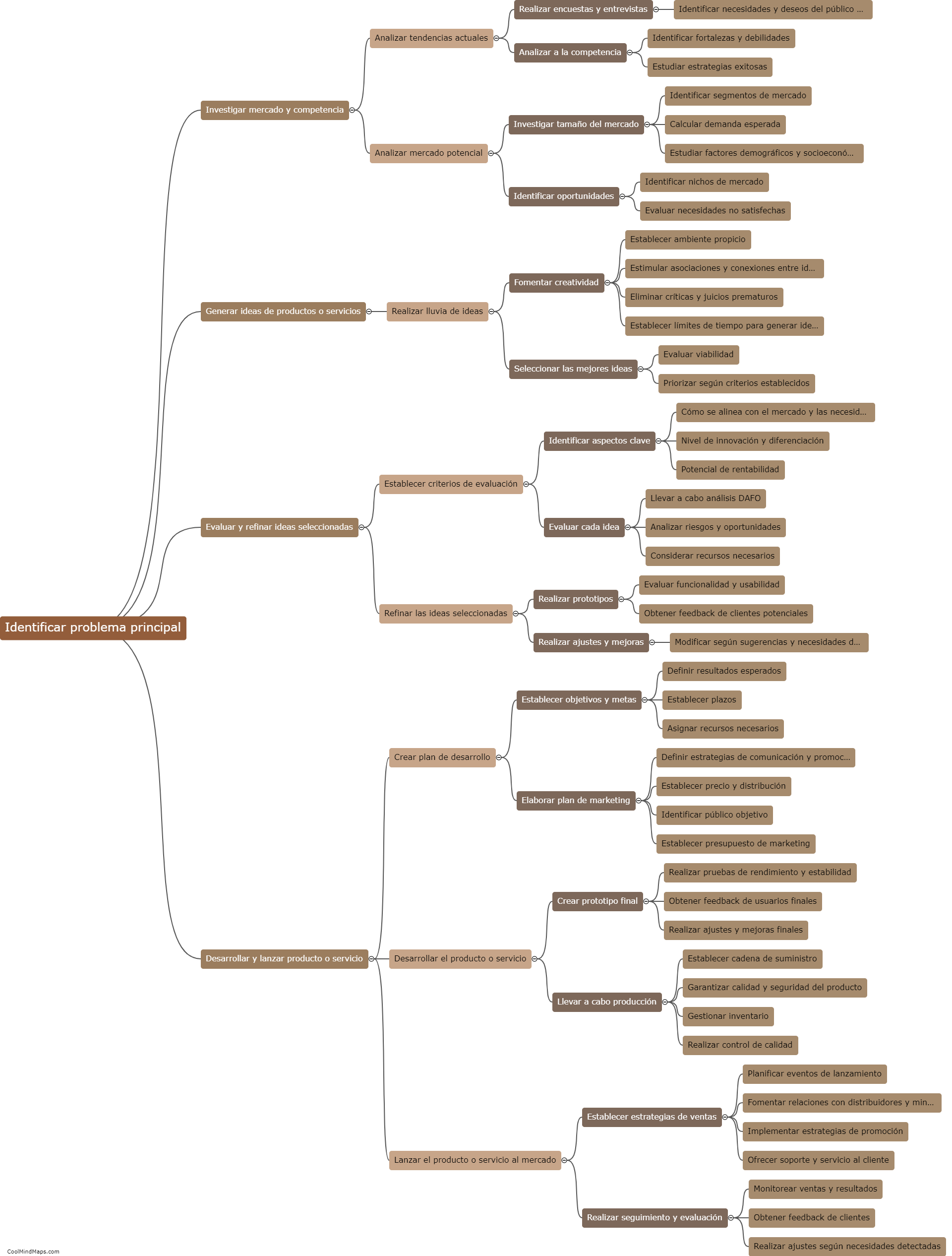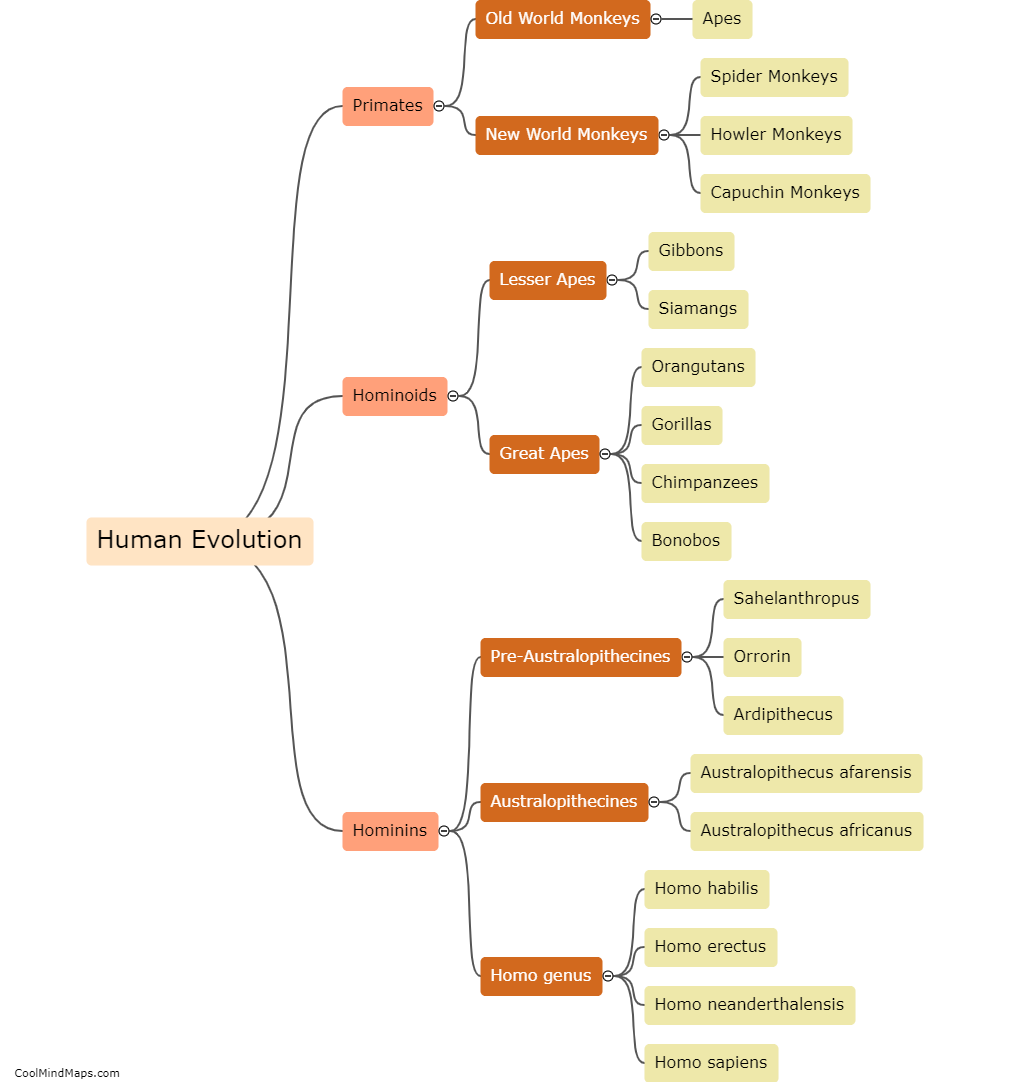What are the key principles of constructivist learning?
Constructivist learning is an educational approach that focuses on students actively constructing their own knowledge and understanding through hands-on and inquiry-based activities. The key principles of constructivist learning include the idea that learning is an active process of meaning-making, where students actively engage with the material, manipulate objects, and interact with others to construct knowledge. Additionally, constructivist learning emphasizes the importance of prior knowledge and experiences, as students build new understanding by connecting new information to what they already know. Another principle is that learning is most effective when it is contextualized and relevant to the learner, as it allows for deeper understanding and application of knowledge. Finally, constructivist learning recognizes the importance of collaboration and social interaction, as students learn through interacting with their peers, discussing ideas, and engaging in cooperative learning activities. Overall, constructivist learning promotes student-centered and participatory classrooms that foster critical thinking, problem-solving skills, and a lifelong love of learning.

This mind map was published on 10 December 2023 and has been viewed 97 times.



